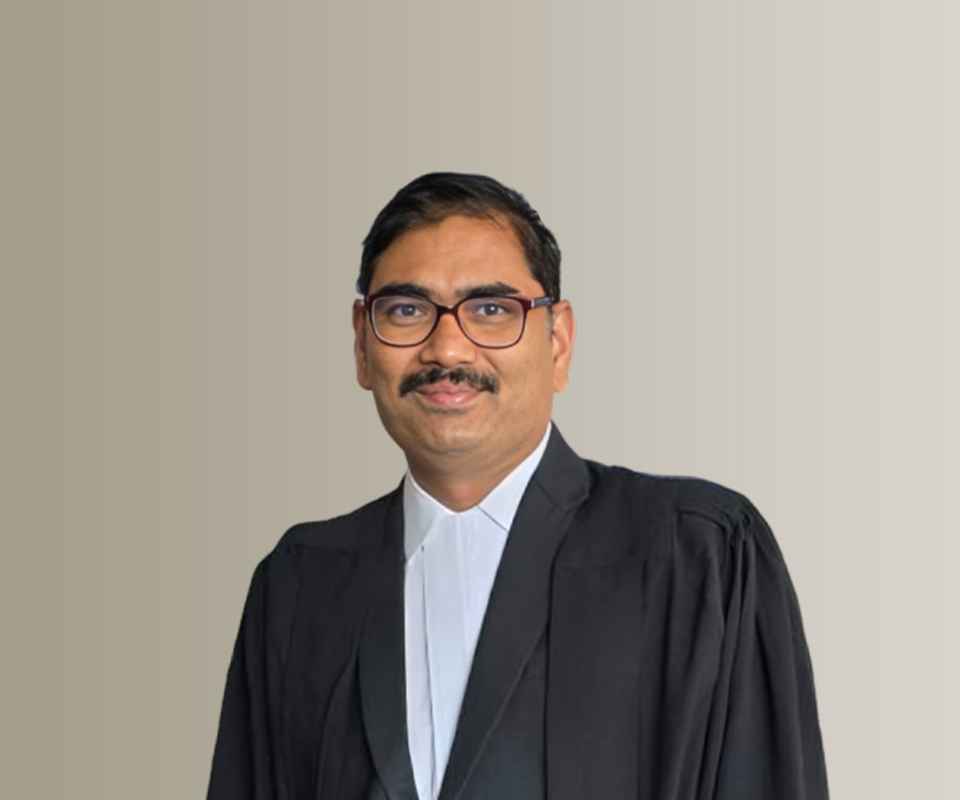Answer By law4u team
Constitution of India Article 116: Votes on Account, Votes of Credit, and Exceptional Grants
(1) Notwithstanding anything in the foregoing provisions of this Chapter, the House of the People shall have power— (a) to make any grant in advance in respect of the estimated expenditure for a part of any financial year pending the completion of the procedure prescribed in article 113 for the voting of such grant and the passing of the law in accordance with the provisions of article 114 in relation to that expenditure; (b) to make a grant for meeting an unexpected demand upon the resources of India when on account of the magnitude or the indefinite character of the service the demand cannot be stated with the details ordinarily given in an annual financial statement; (c) to make an exceptional grant which forms no part of the current service of any financial year, and Parliament shall have power to authorise by law the withdrawal of moneys from the Consolidated Fund of India for the purposes for which the said grants are made.
(2) The provisions of articles 113 and 114 shall have effect in relation to the making of any grant under clause (1) and to any law to be made under that clause as they have effect in relation to the making of a grant with regard to any expenditure mentioned in the annual financial statement and the law to be made for the authorisation of appropriation of moneys out of the Consolidated Fund of India to meet such expenditure.
Brief Detail
Article 116 empowers the House of the People (Lok Sabha) to make provisions for three special types of financial grants: Votes on Account, Votes of Credit, and Exceptional Grants. These provisions allow the government to secure financial resources in cases where expenditure must be made immediately or when the exact demand cannot be anticipated or stated in detail. The grants are made with the condition that Parliament must later approve the withdrawal of funds for these purposes in accordance with prescribed procedures.
Question & Answers
What are Votes on Account ?
Votes on Account refers to a provision that allows the government to make provisional financial grants to meet expenditures until the full budget process is completed.
When can Votes of Credit be used?
Votes of Credit are used when an unexpected demand arises, and due to the nature of the service or its magnitude, it cannot be estimated in detail in the annual financial statement.
What are Exceptional Grants?
Exceptional Grants are made when the expenditure does not form part of the regular service of a financial year, and they are not included in the annual financial statement. These grants require special approval from Parliament.
Example
Imagine that a natural disaster causes an unforeseen emergency, and immediate financial resources are required to manage relief operations. The government can make an exceptional grant under Article 116 to address the emergency, and Parliament will later approve the withdrawal of money from the Consolidated Fund of India for this purpose.
Summary
Article 116 allows the House of the People to make emergency or provisional grants to meet unforeseen financial demands, such as in the case of natural disasters or other urgent circumstances. This flexibility ensures that the government can respond swiftly to unanticipated needs, while ensuring that Parliament later authorizes the withdrawal of funds for these exceptional cases.







